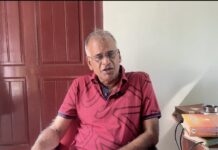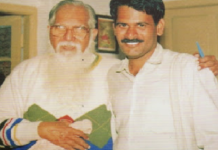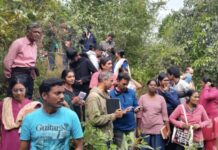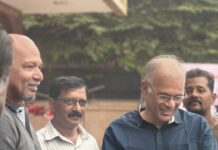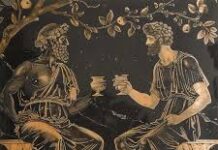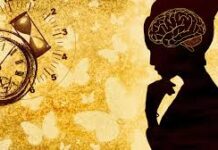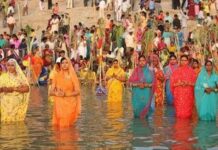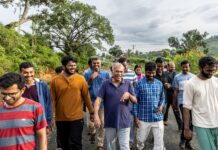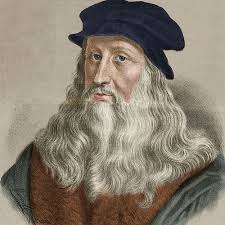
je,
Leonardo da Vinci, who lived in the 16th century, was a genius in many fields, such as painting, sculpture, architecture, and engineering. He attained a level of knowledge that could be considered ‘complete.’ But is a Da Vinci possible in today’s world?
Today, the number of individuals possessing deep knowledge in various fields is extremely limited. One reason is that to excel in a field, you must surpass all previous geniuses. This requires a lifetime. As a result, it becomes exceedingly challenging to explore the depths of the second field.
For example, Emanuel Lasker, who lived in the twentieth century, was the world chess champion for 27 years. At the same time, he was a student of David Hilbert in mathematics and received a doctorate. He was also a philosopher. But today, if you want to become a world champion in chess, you have to start training at least at the age of 5 and give your full attention to chess. Obtaining a world championship in two fields is rare.
I aspire to acquire knowledge in various fields such as computer science (software, hardware, data analysis, artificial intelligence, and more), mathematics, physics, astronomy, literature (classical literature, foreign language literature), philosophy (Indian philosophy, Chinese philosophy, European Renaissance philosophy, Greek philosophy, Islamic philosophy, Christian philosophy), and sports (chess, badminton), all of which intertwine and broaden the horizons of their respective fields. However, the realization that a child cannot simultaneously sit on two chairs deeply troubles me.
I have only about 18,000 days left in my life. How can I expand the boundaries of knowledge, action, and life in these few days?
Thank you,
Harish
Dear Harish
‘Complete knowledge’ does not mean that one learns ‘all knowledge’. It simply refers to the completeness of knowledge or wisdom. No one can learn all fields of knowledge.
We learn through our own questions. That is proper education. Education cannot exist without the presence of real questions. Because learning is about finding answers.
Our questions arise from our experiences in life. They are based on our personality. They take shape based on our past experiences.
When we seek answers to those questions, we should seek answers from all possible fields. That is what I call complete knowledge.
Whatever a person’s question is, the deeper it goes, the more it transforms into a fundamental philosophical question. He cannot simply examine it with common sense. He will need proper philosophical education. A basic proficiency in the fields of ethics, theology, metaphysics, and history is essential for him. Only then will his search go in the right direction.
One cannot be fully proficient in all of these areas. A writer cannot be a proper philosopher. Nor can he be a historian. His field is literature. Only in that field can he move toward perfection. However, he needs to familiarize himself with philosophy, history, and, to an extent, science. All these subjects intersect with his literary field.
I call it the perfection of knowledge when a person has extensive education in a field of his own and the necessary basic education in other fields connected to it. This can be realized by the learner during their education. One’s passion may be art. However, one can recognize that philosophy enhances the sharpness and breadth of artistic pursuits.
One does not have to learn everything in his life. Our goal should only be to ‘go forward as far as possible.’ That is all we can do.
Jeyamohan
